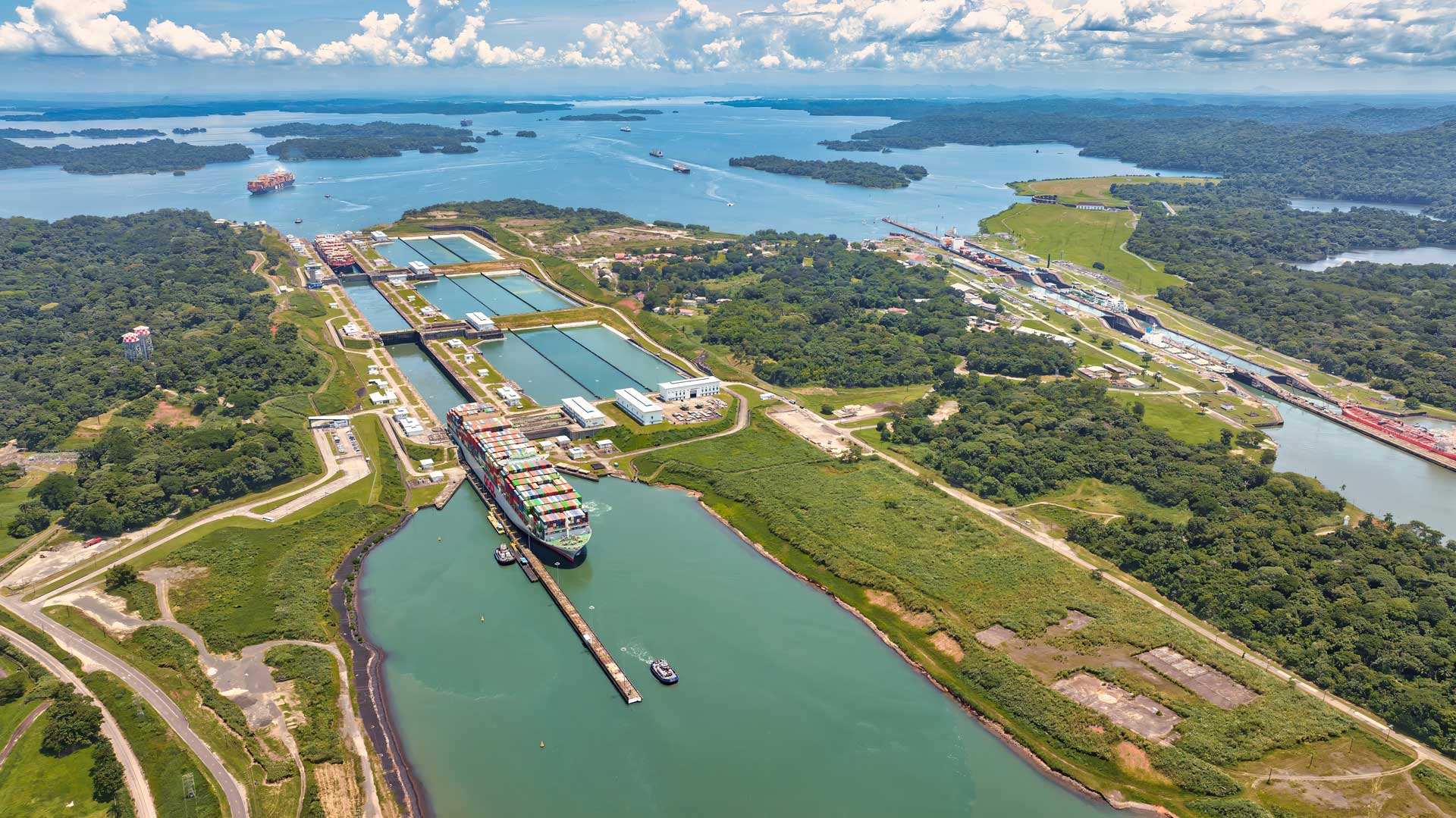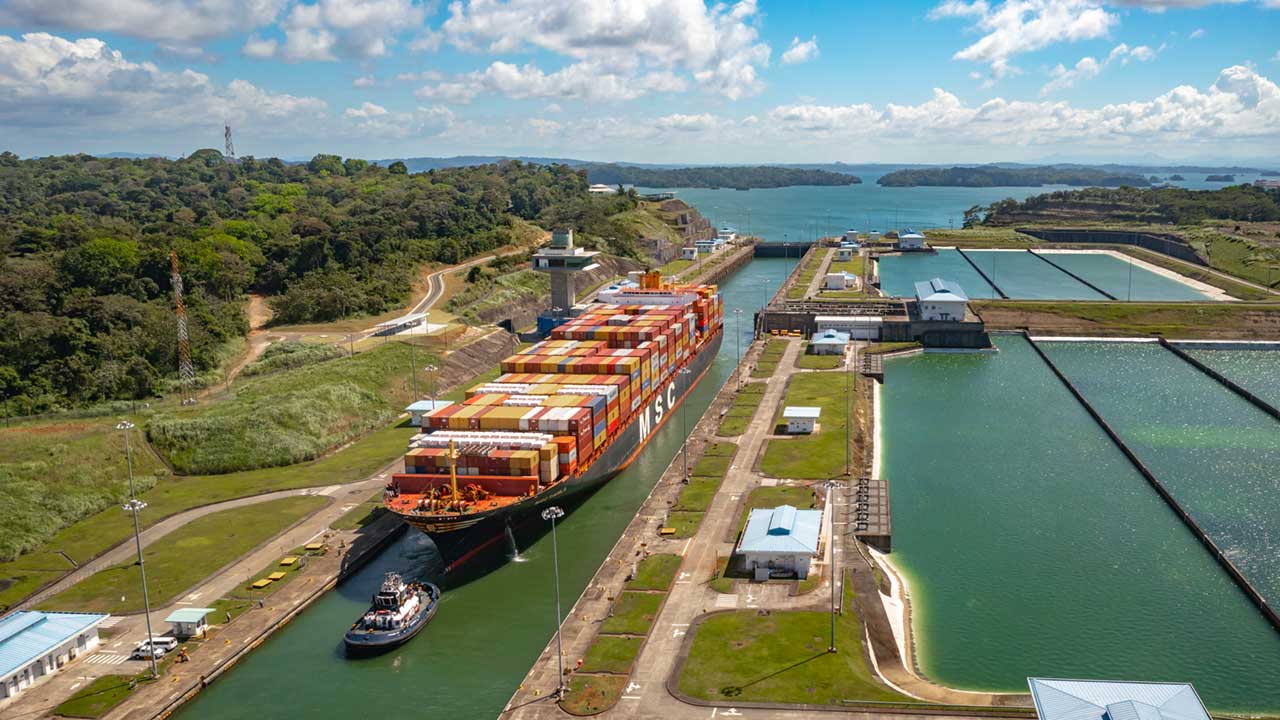As part of his official visit to Japan, the President of the Republic, José Raúl Mulino, accompanied by the Minister for Canal Affairs, Jose Ramón Icaza, and the Administrator of the Panama Canal, Ricaurte Vásquez Morales, announced the start of the process for the development of a gas pipeline that will form part of the new energy corridor of the interoceanic route. The pipeline will be the first major project of this infrastructure platform, which seeks to strengthen the country’s competitiveness and respond to a strategic need of the global energy products market.
The Board of Directors of the Panama Canal has already granted its authorization to begin the corresponding concessionaire selection process, whose formal launch will soon take place in Panama and which will include:
- A pre-qualification stage for interested parties
- An interaction and dialogue stage with the pre-qualified parties, and
- A final stage for the selection of the concessionaire.
This year, the pre-qualification of interested parties will begin, while the final concessionaire selection stage is scheduled to close in the fourth quarter of 2026. This concessionaire selection process will be transparent and competitive, and the participation of world-class companies is expected.
According to President Mulino, the pipeline will represent one of the largest investments in the history of the Canal, with a positive impact for the country:
- Average annual job creation: more than 6,500 positions during the construction stage and nearly 9,600 in the operational phase.
- Average annual revenue for the State: approximately B/.160 million during construction and more than B/.1,500 million during operation.
- Average annual added value to the national economy: around B/.590 million during construction and an estimated B/.2,700 million during its operational phase.
The pipeline is part of the Panama Canal Authority’s revenue diversification strategy, which aims to expand its service offerings, increase cargo movement capacity without requiring more water, and consolidate Panama as a strategic hub for global trade.
This strategy also contemplates the development of an intermodal logistics hub that will include terminals for container transshipment, storage areas, and a road
connecting from the Centennial Bridge to the Atlantic Bridge along the west bank of the Canal. The first projects of this intermodal logistics hub are the construction of a container transshipment port in Corozal and another in Telfers, both on the east bank of the Canal.
“The pipeline we are announcing today is a strategic bet by Panama to remain a key country in the global economy, generating development for Panamanians and ensuring the sustainability and competitiveness of the Panama Canal,” stated President José Raúl Mulino during his announcement in Tokyo.




